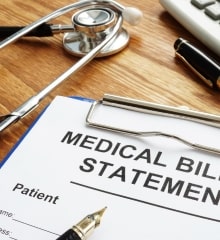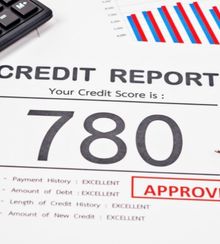Chapter 13 Bankruptcy: What is it and Why is it Important?
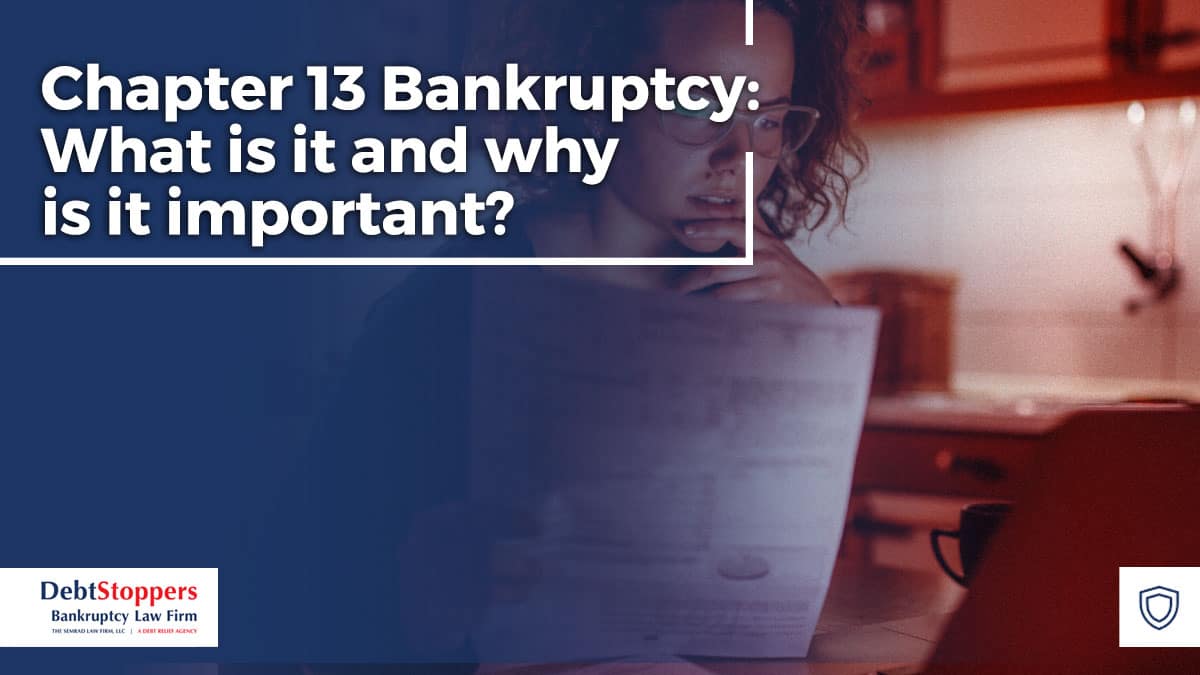
Financial setbacks can strike unexpectedly, plunging even the most diligent into economic despair. Job loss, medical emergencies, or unforeseen debts can derail the best-laid financial plans. Luckily, the legal system offers a lifeline in the form of bankruptcy, a mechanism designed to alleviate overwhelming financial distress. One particularly effective method is Chapter 13 bankruptcy, a powerful tool that prevents foreclosure or repossession, offering a structured pathway to financial recovery.
What is Bankruptcy Chapter 13?
Chapter 13 Bankruptcy, often dubbed the "wage earner's plan," caters to individuals burdened with debts but still able to repay their creditors under a restructured payment plan. This makes Chapter 13 a beacon of hope for those experiencing temporary financial hardships but possess a steady income stream.
Upon filing for Chapter 13, all collection activities are instantly halted. This means foreclosure, repossession, and collection calls cease immediately. The debtor then develops a plan to commit their disposable income towards settling their debts over a 3 to 5 year period.
Funds from this plan are carefully allocated, starting with secured creditors, such as those with claims on a house or car, followed by higher priority creditors, like taxes. Unsecured creditors, like credit card companies and medical billers, are the last to collect their share. Often, they receive zero or only pennies on the dollar.
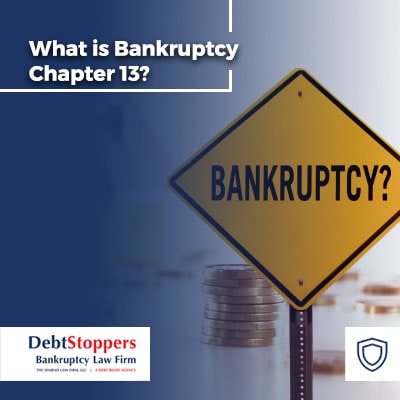
Requirements for Chapter 13 Bankruptcy
For Chapter 13 to be an option, several conditions must be met:
Steady Income
The pivotal requirement is steady income. Whether from employment, self-employment, rental income, social security income, or even reliable family contributions, the debtor must have a consistent inflow of money. This is because Chapter 13 is essentially a repayment plan and not an elimination of debts, thus necessitating a steady income. If you are currently unemployed but have a good driving record and access to a car, driving for a ride share program can satisfy this requirement.
Tax Filings
The debtor must have filed all required tax returns for the past four years. As Social Security benefits may be taxable depending on individual circumstances, it's advisable to file taxes regardless of doubt to prevent potential legal complications.
Debt Limits
Debt limits apply under Chapter 13. The debtor must have less than $2,750,000 of noncontingent, liquidated debts. Simply put, the debt's amount and liability must be certain to count towards the limit. For example: if you are being sued for $3,000,000 but the amount has not gone to a judgment yet, the debt is unliquidated and does count towards the limit.
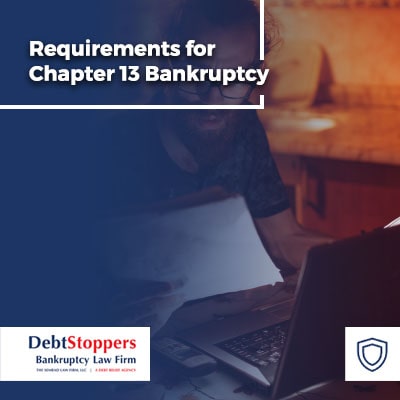
Credit Counseling
Lastly, applicants must complete credit counseling with an approved counselor within the six months preceding filing. It's worth noting that failure to complete this requirement can lead to case dismissal.
Advantages of Chapter 13 Bankruptcy
Chapter 13 offers numerous advantages over its sibling, Chapter 7. While both chapters provide debt relief, the benefits of Chapter 13 make it a compelling choice:
Immediate Halt of Foreclosure and Repossession: Upon filing for Chapter 13, all foreclosure and repossession activities cease immediately. The debtor can then repay mortgage arrears over a period of up to 5 years without accruing interest.
Loan Reduction: If the debtor's car loan is more than 2.5 years old or refinanced, they can "cram down" the loan to the car's current value. This option also extends to the mortgages on rental properties, providing significant relief to property owners.
Addressing Parking Tickets: Interestingly, Chapter 13 also addresses parking tickets, treating them like other unsecured debts. This can be a game-changer in cities with aggressive parking ticket policies.
How can DebtStoppers Help You with Chapter 13 Bankruptcy?
With over two decades of experience, DebtStoppers specializes in Chapter 13 cases, offering comprehensive, end-to-end service. From free consultation and case preparation to court representation, we handle everything for a simple flat fee.
We're well-versed in pushing the boundaries of Chapter 13's possibilities. Our team is unafraid of litigation and has filed numerous appeals on behalf of our clients at no additional cost. We're truly invested in obtaining the best possible result for our clients.
In conclusion, Chapter 13 Bankruptcy is a powerful and accessible tool for those facing financial hardship. It provides an orderly, equitable way to manage and repay debts while offering a lifeline to a brighter financial future. Financial setbacks are not permanent life sentences; with the right help and tools like Chapter 13, you can reclaim your financial stability.
Get Ready to File Your Chapter 13 with DebtStoppers

